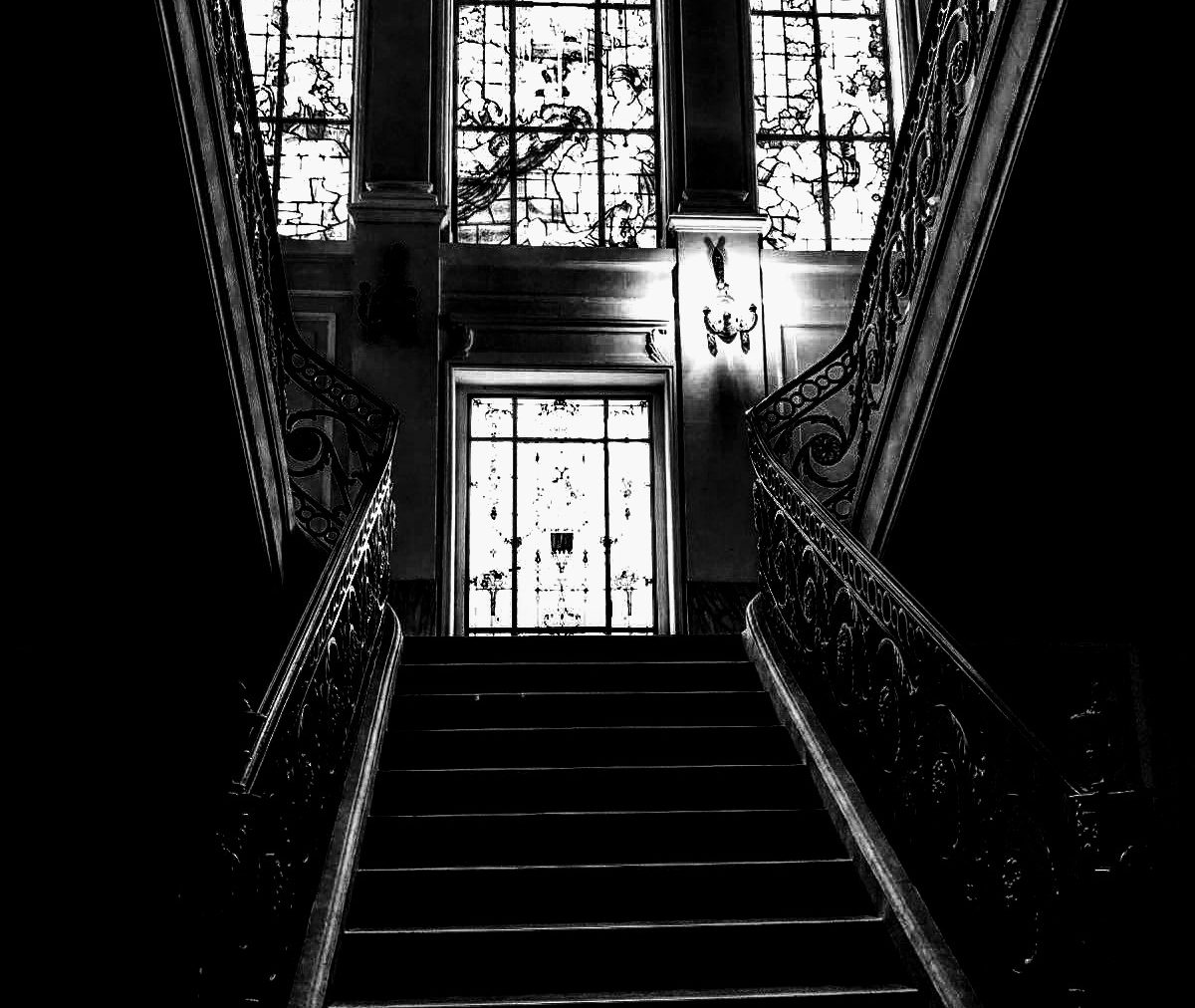In The Archeology of Knowledge, Foucault thinks the breaking up of history into fragments, and thus introduces a difference between histories of continuities and discontinuities. That is, the fragmentary is the discontinuous; and it is placed over against the continuous in history in Foucault’s book. The placing-over-against makes possible the introducing of a new thinking-historicizing. This thinking-historicizing acknowledges that there are discontinuities occurring in history, and argues that history is itself discontinuous.
This new thinking-historicizing renders genealogy open, undecided, unfinished, and undetermined. This inserting of undecided-ness, unfinished-ness, or openness into the closedness and determinedness of history opens up history to radical alterity un-thought, uncontained, and unexpected within history itself and within the holding sway of the continuous in history as fullness, completion, or truth.
Discontinuity is a gap as distancing and apartness pointing out and saying a hidden freedom and unexhausted opportunities in the midst of the compulsion and necessity of the inherited, of the tradition. These gaps make possible the slipping of identities, words, meanings, or spaces, into an infinite otherness lacking any simple knowing or knowledge of any possible going back to the oppression of the identical. Discontinuity is openness inserted into genealogy.
This slipping into otherness is the making disparate of the history. This means that history is not unified and there is no one history, but rather diverse genealogies, extending themselves over each other and acting reciprocally in such a way that makes possible the occurring of unexpected changes in each other. The discontinuity of history renders history thus plural.
This introducing of the histories of discontinuities does not exclude continuities and their history or histories, but rather places discontinuity over against continuity and thus acknowledges their force and effect.
“In short, the history of thought, of knowledge, of philosophy, of literature seems to be seeking, and discovering, more and more discontinuities, whereas history itself appears to be abandoning the irruption of events in favor of stable structure”
Michel Foucault, The Archaeology of Knowledge
This does not mean that there exists in history a continuity in which scattered discontinuities might be dwelling, or that history is itself either a continuity of necessities, identities, or compulsions or a discontinuity of the fragmentary and the separated, but rather that the thinking-historicizing of the historian is itself what is turned toward either the continuous or the discontinuous in history. It is the thinking-historicizing of the historian itself that which makes thinking either a turning toward or a turning away from the stable and the continuous in the structures of history.

